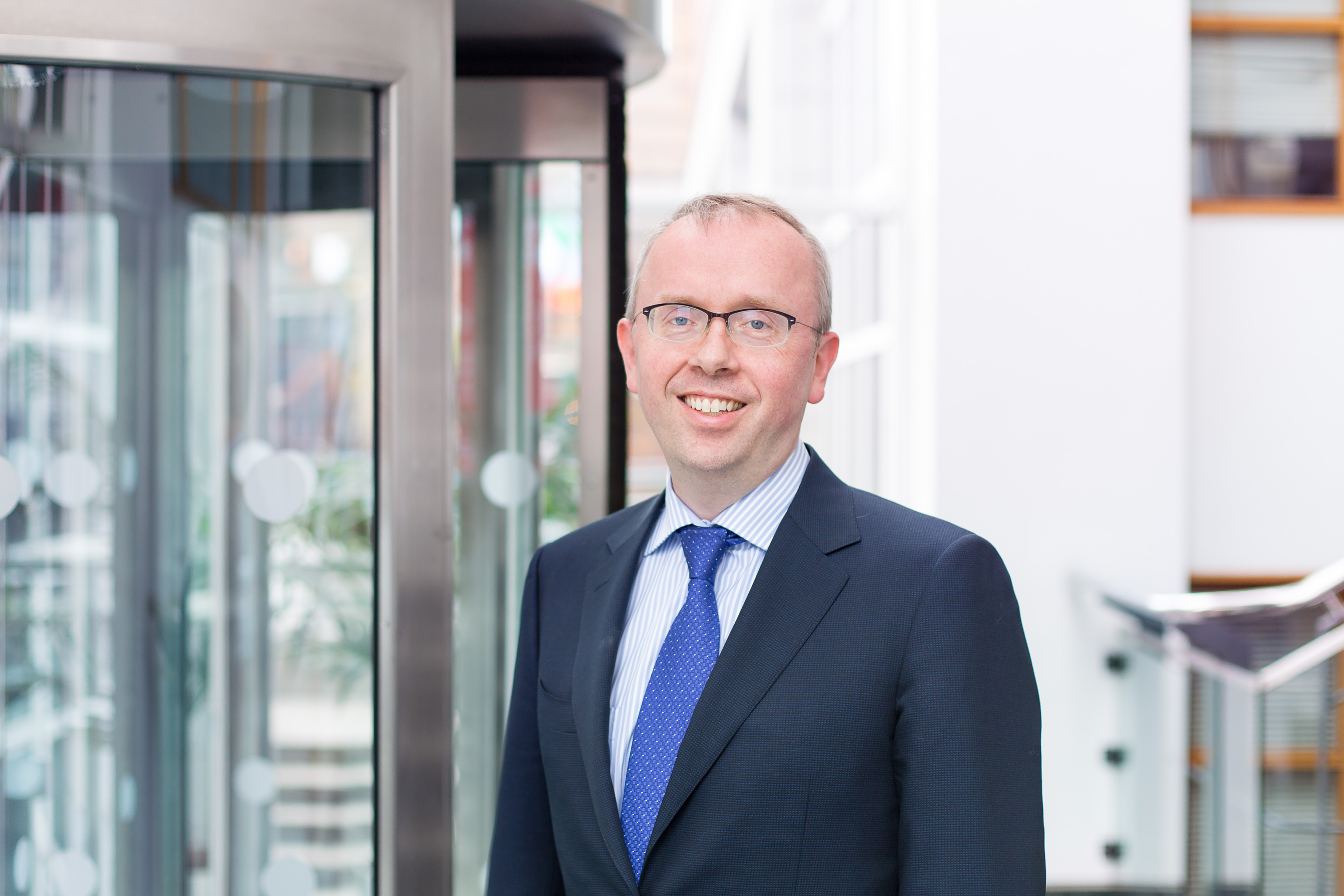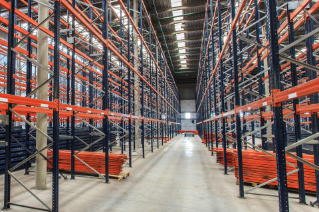EY refers to the global organization, and may refer to one or more, of the member firms of Ernst & Young Global Limited, each of which is a separate legal entity. Ernst & Young Global Limited, a UK company limited by guarantee, does not provide services to clients.

In spite of headwinds generated by inflation, geopolitics and uncertainty around global tax reform, findings from the EY European Attractiveness Survey show that Ireland continues to punch above its weight in attracting foreign direct investment.
In brief
- Ireland maintains position in the Top 10 FDI destinations in Europe
- Ireland has highest FDI per head of population within Top 10
- Dublin rises to fourth-most-popular FDI destination
- Taxation, education system and business-friendly environment contribute to Ireland’s attractiveness
Foreign Direct Investment (FDI) is a strong contributor to Ireland’s continued success story as a small, export-oriented and outward-looking economy with additional direct and indirect benefits to the broader business ecosystem. FDI companies directly employ more than 275,000¹ people, with IDA Ireland-supported companies announcing record employment in 2021. Furthermore, FDI companies account for 80% of corporation tax receipts² and contribute significantly to Irish exports.
European Attractiveness Survey 2022
Each year, EY carries out a survey among key global decision makers to assess Europe’s attractiveness as an investment destination. This year, EY Ireland augmented that research with a survey to assess Ireland’s position in relation to our European neighbours, and to establish where the key strengths, opportunities and potential exposures lie.
The results reveal that Ireland remains one of Europe’s Top 10 locations for FDI with a market share of 3% of all FDI investments – 152 projects – in 2021 according to the EY European Investment Monitor, and attracts the highest number of projects per capita among the Top 10.
Furthermore, Dublin ranks as Europe’s fourth most attractive
city for foreign investors over the next three years, with a trebling
of positive responses compared to 2020.

US companies accounted for 59% of the total number of Irish FDI projects during the year, highlighting the continued strength of the US-Ireland connection, while potentially signalling an opportunity to increase the number of projects sourced from other regions. Ireland remains a favoured location for international headquarters and global business services investments, with software and IT services being the biggest project creator, followed by business and professional services. Ireland recorded a slight fall in the number of investment projects in 2021 (-8%) as a result of the overall fall in US investment projects to Europe as well as the reduction in software and IT services investments during 2021.
What makes Ireland attractive
Ireland’s business-friendly tax regime, education system, quality of life, and business-friendly environment were all cited by respondents as top drivers of its attractiveness. Ireland’s rating around sustainability-related factors was exceptionally strong with the majority saying we perform as well as, or better than, the European average for the availability of skills to facilitate sustainability projects. The availability of finance for sustainability projects and the regulation to support sustainable business practices were also highly rated.
On the other hand, labour costs and housing affordability were among the least attractive factors.
The future
The majority of respondents believe Ireland's attractiveness will either improve or remain the same over next three years, with the digital economy, cleantech, and energy likely to be the sectors that will fuel this progress.
When asked to name priority areas for Government action to maintain Ireland’s FDI attractiveness, respondents placed the geographic rebalancing of the economy, investment in international connectivity, and skills development at the top of the list.
Investment in the decarbonisation of Ireland’s energy system to accelerate progress towards a net-zero economy was also highlighted as a necessary area of policy focus. Surprisingly, despite the clear issue of housing, just 16% felt that government policy should focus on improving social infrastructure, including housing, schools, and hospitals.
This survey is a snapshot in time, and FDI can be influenced by numerous factors in any given year. War, geopolitics, supply chain disruptions, and the COVID-19 pandemic are recent and ongoing examples of external forces significantly influencing FDI activity both in the short term and over time. Ireland’s sustained success in attracting FDI over many decades has been due to the consistency of messaging to investors and the success of those investors’ Irish operations. Now, more than ever, Ireland needs to articulate its value proposition clearly and consistently, and to address key priority policy areas to continue our FDI success story.
According to the European Attractiveness Survey, Ireland maintains its position in the Top 10 as one of Europe’s most attractive Foreign Direct Investment (FDI) destinations.In this video, Feargal, Eve and Graham discuss the aspects that make Ireland an attractive investment destination, and a number of policy areas that may be addressed to futureproof the countries position going forward.
Summary
Notwithstanding the headwinds generated by the war in Ukraine, rising inflation, impending interest rate increases and uncertainty over global tax reform, Ireland is set to retain its place among Europe’s most attractive locations for FDI.
Related articles
Why better understanding of the challenge is stifling climate action in Irish business
The EY State of Sustainability (SOS) report 2022 has revealed an increased level of appreciation among the Irish business community for the scale of the sustainability challenge facing them. However, it appears that heightened understanding has created a lack of confidence that the ambitious targets required to meet the challenge can be met.
The CEO Imperative: New realities shape new strategies in Irish business
Irish CEOs’ growth ambitions are undimmed by global disruptions as they reset their strategies to adapt to a changed environment. Find out how.





